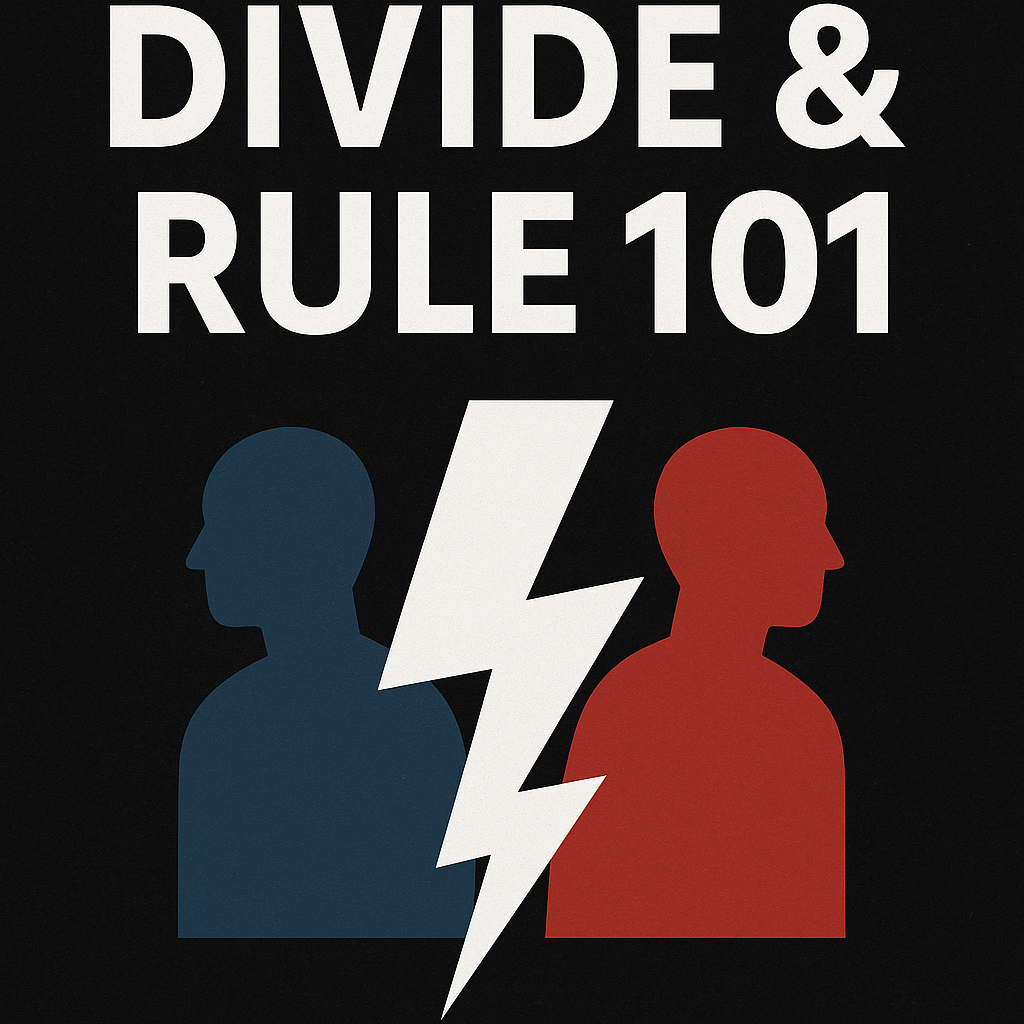Part 5 of 6 of a series on the ideology of Communism
According to Greek myth, an oracle declared that the man who could untie an extremely complex and difficult knot–the Gordian knot–would become ruler of all Asia. By a mighty hack of his sword, Alexander the Great, cut through the Gordian knot thus fixing his destiny as eventual Lord of Asia.
To the western world a similar exceedingly difficult and intricate knot remains knotted and begs to be solved–what to make of and how to deal with China. China’s domestic and foreign policies appear to be full of contradictions. Regarding foreign policy for instance you have the saber rattling regarding Taiwan. China claims there is only one China and Taiwan is theirs, even threatening to invade. Then there is China’s seeming willingness to engage in “fair” trade versus Taiwan’s proven track record of free and fair trade.
Domestically, China’s President Xi Jinping has reaffirmed China’s commitment to Marxism-Leninism while signaling that the era of western style capitalism is at an end. Kevin Rudd, China analyst and writer for the Council on Foreign Affairs (CFR) magazine, Foreign Affairs, writes that Xi:
is a true believer in Marxism-Leninism; his rise represents the return to the world stage of Ideological Man. This Marxist-Nationalist ideological framework drives Beijing’s return to party control over politics and society with contracting space for private dissent and personal freedoms. It also drives Beijing’s born-again statist approach to economic management, and its increasingly assertive foreign and security policies aimed at changing the international status quo.
Kevin Rudd, “The Return of Red China.” Foreign Affairs, November 9, 2022. https://www.foreignaffairs.com/china/return-red-china.
But much confusion still reigns among China watchers and analysts. That’s because they fail to understand the role Marxist-Leninist ideology plays in China and Russia and other Communist or Marxist-Leninist countries.
So, trying to unravel China’s sometimes contradictory and conflicting policies and actions without understanding their ideology is fruitless and confusing. Without understanding the ideology that motivates them and underlies their actions, would be like trying to unroll “a riddle wrapped in a mystery inside an enigma“. Furthermore, it is naive to think that the Chinese worldview is the same as ours.
Since Xi came to power, what is the Chinese Worldview? Kevin Rudd again answers:
In the Chinese Communist Party, words matter. The frequency with which various terms and phrases appear in major reports and speeches is a critical interpretive mechanism that both party members and outside observers use to discern the leadership’s changing directions . . .
. . . Xi’s phrases and word choices have similar real-world consequences. And the 20th Party Congress’s work report, delivered by Xi, is replete with a range of new and continuing ideological banner terms. In aggregate, they indicate that the CCP is now weighing the economy, national security, and the country’s nationalist identity in different ways. In the report that came out of the 14th Party Congress in 1992, when Deng still ruled, the term “economy” was used 195 times. In this year’s report, the economy is cited on only 60 occasions. Deng’s mantra of “reform and opening” was mentioned 54 times in 1992; at the 20th Party Congress, the phrase was invoked on only nine occasions. In 1992, the term “national security” appeared once, and it was used just four times in 2012. But at the 19th Party Congress in 2017, Xi’s first as leader, the term had 18 appearances. This year, it is mentioned 27 times. Meanwhile, the Chinese term for powerful state, qiangguo, appears 23 times this year, compared with 19 in 2017 and only two in 2002. Overall, these changes indicate that the party is now focused on Chinese nationalism and national security. This is a sharp break from previous regimes, which were almost exclusively preoccupied with economic development.
The term “Marxism” also makes multiple appearances in the 2022 report, and it is surrounded by other language suggesting that Xi is girding for conflict. The Marxist-Leninist concept of “struggle”—striving through violent or nonviolent means to resolve what Marxist-Leninists deem to be “contradictions” in domestic and international society, is mentioned 22 times. By ideological definition, the concept authorizes Xi to engage in various forms of confrontation to advance his revolutionary cause. And the leader’s report was followed by an intensive propaganda campaign, for both public and internal party consumption, on the need for China to prepare for the difficult times by toughening its “spirit of struggle.” This struggle is not limited to the party’s challenges on the home front (including potentially within the party itself). It is also directed to China’s challenges around the world, including with the United States.
Kevin Rudd, “The Return of Red China.” Foreign Affairs, November 9, 2022. https://www.foreignaffairs.com/china/return-red-china.
Rudd also reports that President Xi has called on:
party members . . . to “grasp both the worldview and the methodology of Marxism-Leninism” and apply the “analytical tools of dialectical and historical materialism” to understand “the great challenges of the time.”
Kevin Rudd, “The Return of Red China.” Foreign Affairs, November 9, 2022. https://www.foreignaffairs.com/china/return-red-china.
There you have it. The Marxist dialectic is the key, the sword to slicing through the gordian knot mystery surrounding China. Let me explain why.
First, The importance of the dialectic is highlighted by how the Communists use the word. Chairman Mao once said that the “Communists the world over are wiser than the bourgeoisie [because] . . . they understand dialectics and they can see further” (Mao, _Selected Works_, 1961), while Stalin declared that “dialectics is the soul of Marxism” (Stalin, _Problems of Leninism_, 1940), and Lenin wrote that dialectics is “as living, many sided knowledge.” (V.I. Lenin, _On The Question Of Dialectics_, 1925)
Put in simple terms dialectics is just a highfalutin philosophical word for the “struggle” that goes on between two belief systems, capitalism and socialism, or the thesis and the antithesis. Out of the struggle would emerge an entirely new system, the synthesis–Communism–and Marxists the world over are engaged in the “struggle” to help bring it about. America, and the rest of the free world, represent the so called “Thesis” while China and the other “progressive” countries represent the “antithesis” which confront and struggle with each other until a final synthesis is reached. In other words, This thesis, antithesis and synthesis process would continue until a great merger is effected and the whole world becomes communist.
Until that final synthesis is reached however “contradictions” would characterize each worldview. Lenin called such contradictions the “unity of opposites” (Lenin as quoted by Mao Tse Tung, in _On Contradiction_, August 1937) Lenin further taught that these contradictions could be a tool to hasten the revolution. For example, although Marxism is atheistic and against the traditional family, Stalin encouraged religion and strong family life during World War II in order to help save the “Fatherland”. When the war was over Stalin reversed these policies. Likewise Marxist countries could engage in “free market capitalism” in order to build up her economic infrastructure and military. This is exactly what Lenin instituted in the Soviet Union between 1921-1928 with his New Economic Policy (NEP).
In China, however, all advantages accrued as result of such free market capitalism, are in the words of the China dissident Harry Wu “used to build the Peoples Liberation Army (PLA) . . . every penny . . . is used to build up the military.” Or as Lenin’s strategy suggests, the West–lead by the United States–would “labor to prepare their own suicide” by “furnish[ing] credits . . . [which] would rebuild our war industry, which is essential for our future attacks on our suppliers.” Plain enough, and they have built up their economy and all branches of military.
In the United States our foreign policy is guided by intellectual confusion and moral lethargy because we fail to understand the Marxist Dialectic which characterizes the Chinese Marxist Worldview. We make deals with communist agents and officials as if they represent their peoples. We engage in diplomacy as if it were an old fashioned power struggle. We sign treaties and agreements, accept promises and declarations as if the Chinese were receptive to our values. We trade with China as if we were exchanging goods and services with London Merchants. And while our State Department and business officials fraternize with Chinese officials in political, economic, social and cultural matters, thousands of individuals linger in the LaoGai Slave labor camps.
Isn’t it about time to cut through the Gordian knot of ignorance concerning China and let freedom reign as Lord of Asia?







